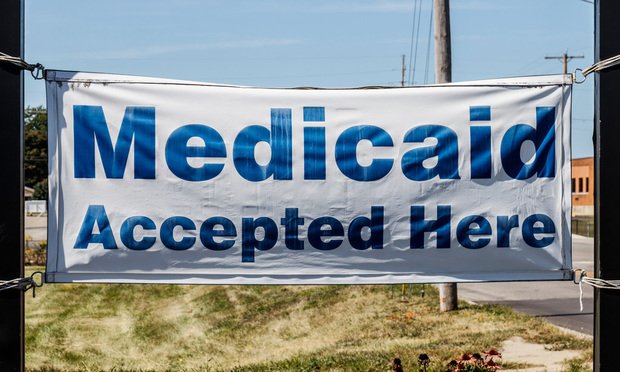
According to a new Kaiser Family Foundation survey, states are responding differently to the impending expiration of Medicaid disenrollment policies first instituted during the pandemic, with many working to ensure eligible enrollees can keep their coverage.
On March 31st, policies first implemented in March of 2020 ensuring continuous coverage access for Medicaid enrollees will expire, and states will once again be able to disenroll participants. Enrollment in Medicaid has grown by as much as 23.3 million, partly as a result of these policies, per KFF, but now analysts are expecting a drop in enrollment and subsequent rise in uninsurance.
Recommended For You
To analyze these trends, KFF conducted a survey alongside the Georgetown University Center for Children and Families, asking states about their plans to manage the return to Medicaid disenrollments. According to the data, some 43 states will likely take 12-14 months to process renewals, an extended timeframe that may mitigate the risk of participants being disenrolled due to administrative issues or accessibility concerns rather than a true lack of eligibility, according to the KFF report.
Moreover, 35 states are planning to process renewals in a way that initially targets the individuals who are most likely to no longer be eligible for Medicaid and postpones the renewal processes for vulnerable populations, which could also extend coverage for eligible groups, according to the report. In comparison, 14 states plan to use a time-based or population-based approach.
Of the states surveyed, 36 said they plan to contact an enrollee if they need to act to preserve their coverage, to help prevent disenrollments of eligible participants, the KFF report says. Some 32 states say that, during the pandemic, they have continued to send participants whose eligibility cannot be easily confirmed pre-populated renewal forms.
The average estimate for the percentage of Medicaid enrollees who will be booted from the program is 18%, with statues individually estimating between a 7% to 33% reduction in participants, per the KFF report.
© Touchpoint Markets, All Rights Reserved. Request academic re-use from www.copyright.com. All other uses, submit a request to [email protected]. For more inforrmation visit Asset & Logo Licensing.






